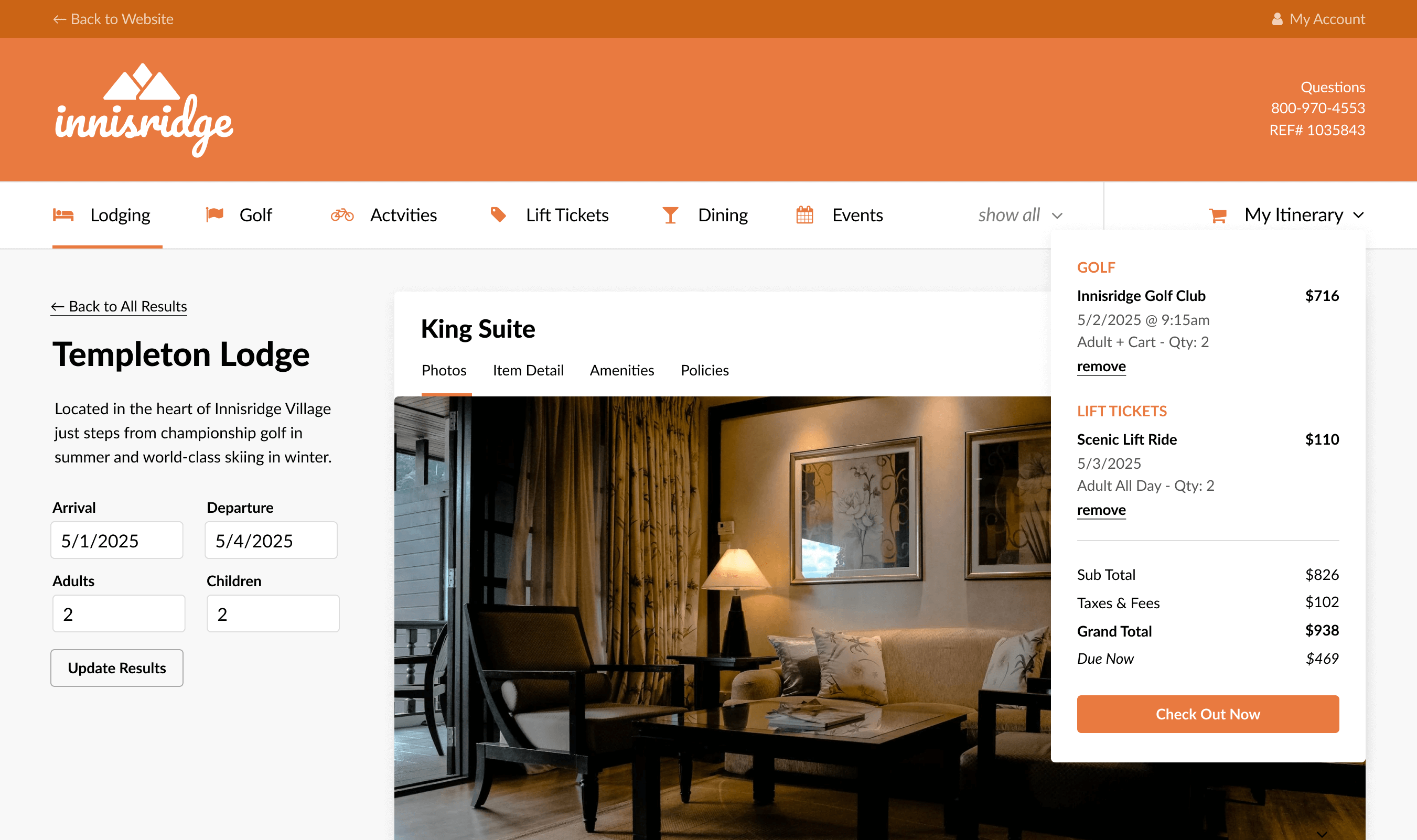
Trends

Occupancy, room rate, and aggregated revenues all ticked up during the month of May at Southeast destinations, despite potentially damaging economic news and the tropical depression Alberto that disrupted Memorial Day weekend at some resorts. As of May 31, marking the mid-point of the summer season (March through August), aggregated occupancy is up 2.9 percent and the Average Daily Rate (ADR) is up 1.8 percent leading to a modest 4.7 percent increase in revenue for the summer compared to the same time last year. The data was released last week by Vermont-based Inntopia in their monthly DestiMetrics* Market Briefing that delivers lodging information to participating destination communities at seven resorts in four southeastern states including South Carolina, Florida, Georgia, and Alabama. The month of May was up slightly compared to May of 2017 with year-over-year comparisons showing a three percent increase in occupancy, a 1.1 percent decrease in ADR, and a 1.8 percent increase in revenues for the month.
“With three months of summer bookings now on-the-books, summer lodging business is on solid footing at this point with the only down month being April which had more to do with the Easter holiday landing two weeks earlier this year which shifted those bookings back into March,” explained Tom Foley, vice president of Business Intelligence for Inntopia. “What we continue to see is that increases in daily rates are in-line with inflation and rate-tolerant consumers are delivering gradually improving revenues to lodging properties,” he continued.
Bookings made during May reveal the short-term impact of tropical depression Alberto. Bookings made in May for arrivals in May were down a dramatic 24.5 percent compared to last May, but the drop was short-lived. Bookings for arrivals in the remaining summer months were up including a 6.8 percent jump for the summer’s peak month of July.
Economic indicators and geo-political news continues to dominate the headlines leading to fluctuations in market indexes, but consumers remain upbeat in perceptions and their travel spending. After declines in February and March and a relatively flat April, the Dow Jones Industrial Average (DJIA) finished the month up 1.9 percent. However, the daily performance that started out strong early in the month flattened out mid-month, and then declined slightly by May 31 due to jitters about NAFTA negotiations and the U.S. summit with North Korea. The Index is 17.2 percent higher than last May which is helping to bolster consumer confidence and spending.
The Consumer Confidence Index (CCI) also rebounded in May after two months of declines to rise 1.9 percent to a 17-year high at 128 points. Employers added 233,000 new jobs in May, well above the 188,000 expected, and the Unemployment Rate dropped another 0.1 percent to reach 3.8 percent and its lowest level since April 2000. Wages rose 0.3 percent during May after sluggish growth in recent months.
“Summer lodging in the Southeast is on a very positive track right now but some economic headwinds may start blowing in the months ahead, including the impact of proposed tariffs on products from Canada, Mexico and the European Union, along with the tightening labor market and wage increases that could start pushing inflation up,” said Foley. “If the Federal Reserve continues to raise interest rates as they have indicated, or if a trade war erupts, there could be some significant negative impact on the U.S. economy, consumers, and employers,” he cautioned.
Despite those concerns, the Briefing was upbeat about the remainder of the summer for southeastern beach and golf locations with the potential for the two busiest months of the summer, June and July, to continue their upward trajectory. The 4th of July is a critical part of achieving successful numbers for the month and the Briefing points out that the Wednesday timing of the holiday can be tricky and may require some creative and attractive offers, but as of May 31, July is looking strong.
“For now, the summer’s positive lodging performance is showing no signs of slowing down. But weather, an unpredictable economy, or a combination of both might present a double challenge for lodging properties at destination resorts,” Foley continued. “We’ve already seen the impact that Alberto had on May occupancy, so an active storm season coupled with the prospect of some volatile economic news, prompts us to encourage all of our lodging partners to be watchful, proactive, and willing to react quickly to changing circumstances as needed,” Foley summarized.
-30-
*DestiMetrics, part of the Business Intelligence platform for Stowe-based Inntopia, tracks resort performance in selected mountain and southeast U.S. destinations. They compile forward-looking reservation data each month and provide individualized and aggregated results to subscribers at participating resorts.
Data from southeastern destinations is derived from seven resort destinations including Hilton Head, SC; Golden Isles, GA; Florida Keys & Key West, FL; Osceola County (Kissimmee), FL; Okaloosa County, FL: Panama City Beach, FL; and Alabama Gulf Shores & Orange Beach, AL. Results may vary significantly among/between resorts and participating properties.